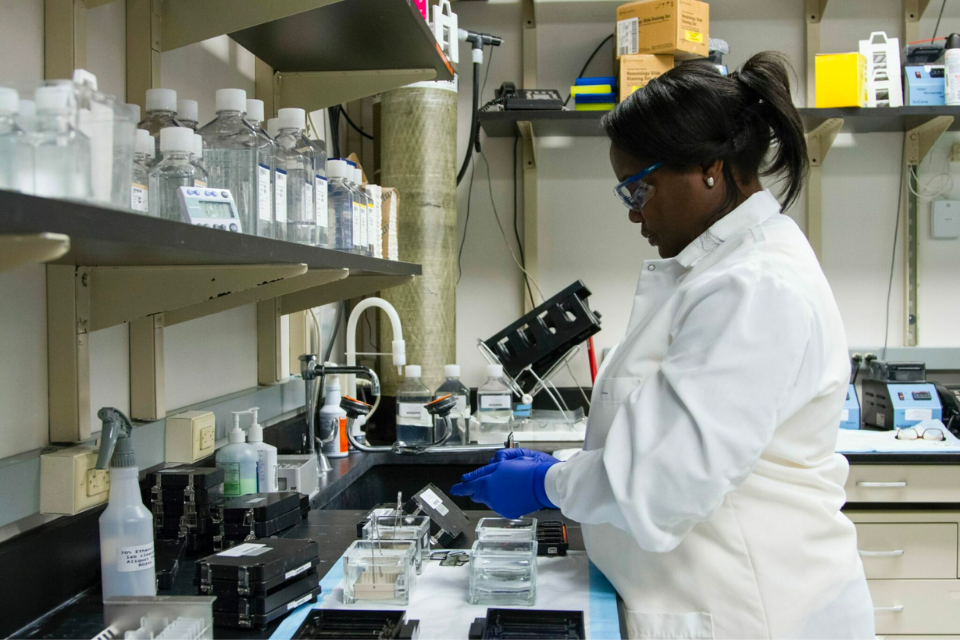Acute pancreatitis, a life-threatening condition, occurs suddenly and is often idiopathic (meaning, for unknown reasons). Although treatment specific to the disease is lacking, it usually resolves with proper clinical management. Multiple episodes may occur over time, leading to recurrent acute pancreatitis, which can eventually lead to chronic pancreatitis. Chronic pancreatitis is irreversible inflammatory and fibrotic damage to the pancreas, resulting in impairment of pancreatic functions and chronic pain.
What is the treatment for chronic pancreatitis?
Currently, chronic pancreatitis treatment is focused on symptom management. Therapies to restore the damage to the pancreas are not available. However, Mission: Cure is working to help discover and accelerate effective treatments.
What is drug repurposing?
Drug repurposing explores new uses for drugs that already exist. The process uses drugs that have gone through rigorous testing- cutting down on cost and development time. The most common example of drug repurposing is the drug Viagra, which was developed for hypertension (high blood pressure) and later was approved for erectile dysfunction and pulmonary arterial hypertension.
As part of Mission: Cure’s Roadmap to a Cure, we are utilizing the drug repurposing approach by partnering with industry and trial design experts to identify and test repurposing candidates.
What is proglumide?
Proglumide is a drug that inhibits gastric secretion and was used for stomach ulcers. Dr. Jill Smith and her colleagues from Georgetown University found that the receptor that proglumide targets is activated in chronic pancreatitis and they have conducted experiments to show that proglumide decreases inflammation and fibrosis in animals with chronic pancreatitis. In addition to these effects, it plays a role in reducing pain. Proglumide is now being tested in a clinical trial with the potential to target both pain and fibrosis in chronic pancreatitis.
What is the goal of the clinical trial testing proglumide?
There are two goals of the clinical trial, the first goal is to determine the safety of proglumide in people with confirmed chronic pancreatitis and the second goal is to see if there is improvement in pain and function of the pancreas.
Who can participate in the clinical trial?
People ages 18-75 with a history of chronic pancreatitis and who have clinical symptoms including pain not adequately controlled with medications may be eligible for this study. Participants will either receive a “placebo” pill for 12 weeks and then they will receive the proglumide (orally) for an additional 12 weeks or they will receive proglumide for 24 weeks. Phase I has completed enrollment. Phase II of the trial is predicted to start enrolling in 2024. Sign up for our newsletter for updates.

